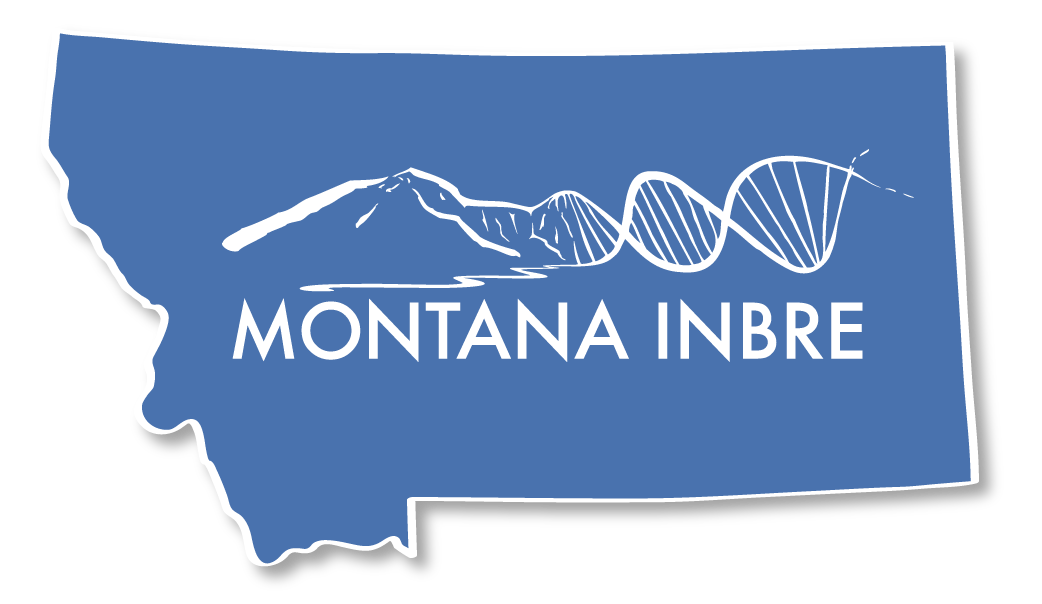Dr. James Kaput Presents Genes or Diet? Let's Talk About Obesity, Heart Disease and Diabetes
April 22, 2010
6:00 - 7:30pm Baxter Ballroom, 105 West Main Street, Bozeman, MT
Can we improve health by using our genetic information to match optimum diets? Dr. Jim Kaput will focus on the present and expected future value of nutrigenomics for enhancing human health. Nutrigenomics is the science that examines the response of individuals to food compounds using post-genomic and related technologies (from the European Nutrigenomics Organisation website, http://www.nugo.org). How does what we eat interact with our genes? Do different individuals require different optimum diets? Dr. Kaput discussed these and a number of other nutritional and public health issues in his engaging Café lecture.
Dr. James Kaput's Biography
Jim Kaput joined the FDA/National Center for Toxicological Research (Jefferson, AR) as Director of the Division of Personalized Nutrition and Medicine (DPNM) in November 2007. He also has adjunct appointments in the Division of Genetics at the University of Arkansas for Medical Sciences and the Adinovo Center for Genetic and Genomic Medicine at Zhejing University (Hangzhou, China). As founder and sole contributor to NutriAlerts, he communicates to ~2,425 subscribers in over 50 countries about current research on nutrigenomics, nutrition, epidemiology, statistics, health disparities, public health issues, ethics, and health issues in transitional and developing economies. He also is an active member of the Human Variome Project which seeks to analyze genetic variation in individuals in ancestral groups around the world.
Dr. Kaput received his PhD from Colorado State University in Biochemistry and Molecular Biology. He spent 5 years as a postdoctoral fellow and assistant professor at the Rockefeller University in the laboratory of Günter Blobel, the 1999 Nobel Laureate in Physiology and Medicine. Dr. Kaput was a Biochemistry faculty member at the University of Illinois College of Medicine and Director of the Northwestern University Biotechnology Laboratory for 2 years.
The Café Scientifique was co-sponsored by Montana INBRE and Montana State University COBRE programs.


